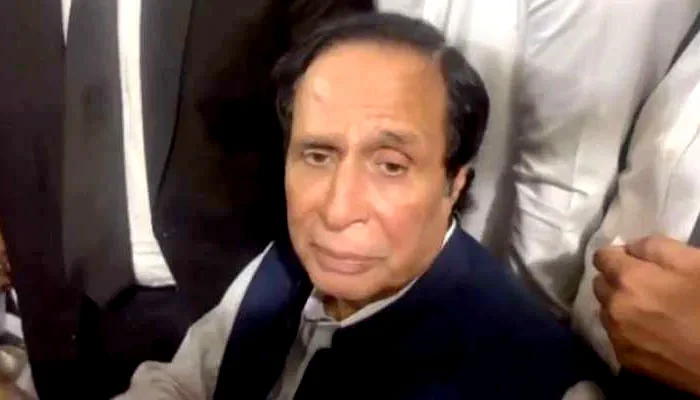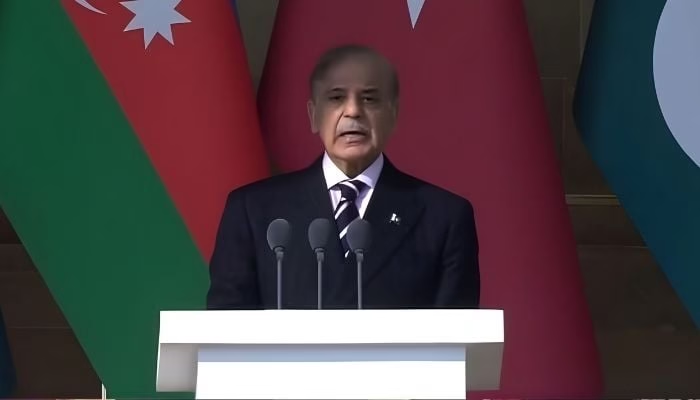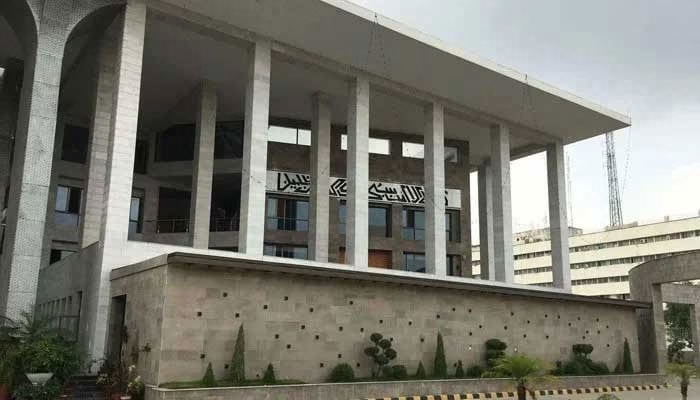The Lahore High Court has dismissed the National Accountability Bureau’s (NAB) appeal against the release of Pervez Elahi, dealing a blow to the anti-corruption watchdog. The decision was made by a two-member bench led by Justice Ali Baqir Najafi in the Supreme Court of Lahore, declaring the NAB’s appeal as non-admissible.
The court ruled that the NAB was not affected by the single bench’s decision, which had ordered Pervez Elahi’s release during his physical remand. The NAB had challenged the single bench’s decision on Elahi’s release and the non-arrest in any case.
Previously, during the hearing, the Lahore High Court had preserved its judgment on NAB’s appeal against Pervez Elahi’s release and non-arrest in any case. The prosecutor for NAB had informed the court that the single bench had given the order for Pervez Elahi’s release without listening to NAB’s stance, and his arrest was legal as he was on physical remand and there was no legal bar on not arresting him in any case.
Pervez Elahi’s counsel argued that cases were being fabricated on political grounds, with arrests made in one case and then again in another unrelated case after bail had been granted. This raised concerns about the political motivation behind such arrests.
The court questioned the NAB prosecutor as to why they did not appear before the single bench. The NAB prosecutor claimed that they had not received any orders to appear.
During the hearing, the court also inquired why NAB had initiated inquiries but not issued any notices. This indicated that NAB had not pursued its cases diligently.
This case highlights the ongoing tensions between political figures and anti-corruption bodies in Pakistan. Critics argue that such cases are often politically motivated, while the authorities maintain that they are pursuing accountability and combating corruption. The Lahore High Court’s decision to dismiss NAB’s appeal in this instance signifies the judiciary’s independence in reviewing and scrutinizing the actions of government institutions.
It remains to be seen how this ruling will impact the broader political landscape in Pakistan and the ongoing efforts to hold public officials accountable for corruption allegations. The case has once again brought the issue of politicized accountability to the forefront of the country’s legal and political discourse.



